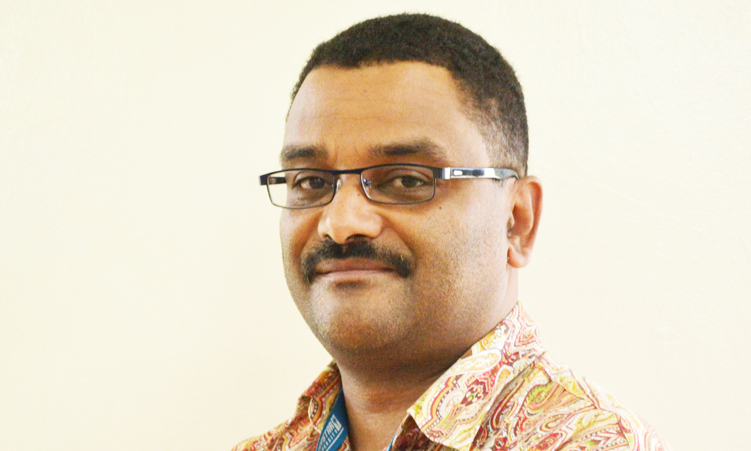Africa’s contribution to global communication and media scholarships continues to lack novel theoretical impact.
Not since Zambia’s Francis Kasoma’s projection of ubuntu as a principle of media ethics in the 1990s have we seen as impactful theorising, critique, reinforcement or change of paradigms of practice motivated by an indigenous African perspective.
I fault a stranglehold by Western thought on the gatekeeping processes for academic publication that determine what circulates as peer-reviewed knowledge and what does not.
The marginalisation of home-grown reflections on communication and media practice in Africa is a victim of attitude rather than applied quality control.
I hold the view that editor and peer reviewer biases perpetuate a disinclination by publications and contributors to foreground African theoretical contributions.
Editors and peer reviewers of high-index journals distrust Africans’ theorising if they are generated outside the Western fixations and fortresses of academic thought.
Therefore many African scholars desirous of publication and citations of their articles in high-impact journals choose to play it safe by uncritically applying Western theoretical frameworks “lock, stock and barrel”, as the Kenyan media scholar, Levi Obonyo, put it in his recent journal article on the subject.
Obonyo crystallised the exclusive nature of this academic fortressing by citing Asante’s description of the “spatial articulation of power where the organisation of knowledge is inscribed to a geopolitical space (Western Europe) . . . “.
We have a problem here.
No matter how much we lap up Western models and theories, African communication and media scholarships are still the least cited in Western academic publications, according to Obonyo and Asante.
We are banging on a door barely open, following Western dictates of the theoretical dress code, and yet often still failing to persuade them to let us in.
In November 2019, I submitted, as the corresponding author, an article to a high-impact health communication journal.
It was a collaborative piece with Frieda Lukas, in which we explored strategies of diffusing medical information to men who have sex with men (MSM) who may be reluctant to present themselves for face-to-face medical consultations.
Their reluctance stems from the fear of victimisation in a culturally conservative milieu that largely despises their sexual identity and behaviour.
The aim of our article was not to debate the morality of MSM, but to assess the ingenuity of Namibian health communication professionals in cascading health information through social media networks to those not confident of seeking person-to-person prescriptions and advice.
The article did not even make it to the peer review stage.
In a polite rejection letter, the editor of the journal said our article contained “much that was useful”, but not sufficiently resourceful to signpost novel health communication trends.
We begged to differ. As co-authors, we thought the article showcased health communication outside the box in a restrictive environment, and the utility of new information communication technologies in linking marginalised groups in need of health assistance to professionals who wanted to help.
We felt the article should at least have been afforded a double-blind peer review by experts who would not have known our identities and university affiliation, and who could have furnished us with detailed feedback on the article’s demerits.
Instead, we were blocked by an editor who read our profiles and knew where we came from.
The article was eventually published in the Nawa Journal of Language and Communication, which is produced by our university’s department of communication and languages.
There must be more than a ring of truth to Obonyo’s claim that “modern scholarship is structured in the philosophy, the worldview, and the framework of the West. To be acceptable, publications must follow a format not rooted in the African thought process. The first assignment for Africans trying to enter the academic publishing club is not to have something to say, but to master the art and the form of saying it”.
If this narrowness of editorial gatekeeping continues to disregard contributions researchers seek to make in their own contexts, is there much hope of producing more Kasoma-type interventions that contribute African indigenous insights to global communication and media studies?
– Clayton Peel is a senior lecturer in communication at the Namibia University of Science and Technology.
Stay informed with The Namibian – your source for credible journalism. Get in-depth reporting and opinions for
only N$85 a month. Invest in journalism, invest in democracy –
Subscribe Now!






